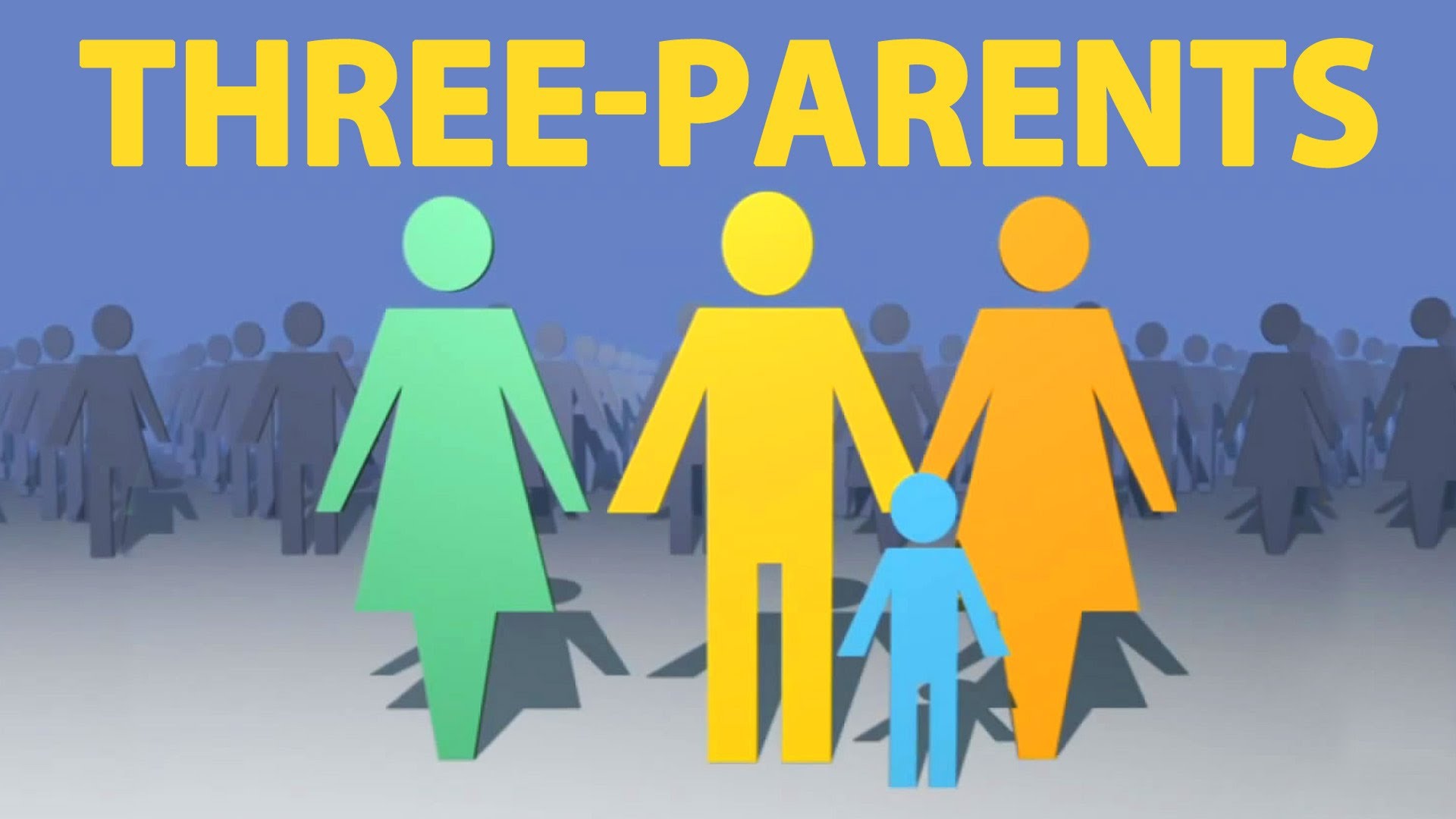
London, United Kingdom | AFP |
British scientists on Wednesday approved the use of so-called “three-parent baby” fertility treatments, paving the way for the country to become the first in the world to officially introduce the procedures.
An independent panel of experts tasked with reviewing the safety of mitochondrial gene therapy said the practice should be “cautiously adopted” to prevent certain genetic diseases from being passed on to future generations.
British MPs voted in February to allow the creation of in-vitro fertilisation (IVF) babies with DNA from three people.
However, the country’s fertility regulator, the Human Fertilisation and Embryology Authority (HFEA), said it would wait for Wednesday’s report before green-lighting use of the treatments in clinics.
The technique would allow women who carry disease-causing mutations in their mitochondrial genes to give birth to genetically-related children free of mitochondrial disease.
‘Designer babies’
But opponents have questioned its ethics and say it opens the way to “designer babies”.
The treatment involves the embryo receiving the usual “nuclear” DNA from the mother and father, as well as a small amount of healthy mitochondrial DNA (mDNA) from a female donor.
The review panel recommended its clinical use “in specific circumstances… where inheritance of the disease is likely to cause death or serious disease and where there are no acceptable alternatives.”
Following the report, the HFEA is expected to authorise the procedure for clinical use when it meets on December 15.
The first women could receive the treatment as early as March or April next year, with a pioneering research centre in Newcastle, northeast England, expected to be the first where it would take place.
Health charities swiftly welcomed the announcement.
Robert Meadowcroft, head of Muscular Dystrophy UK, described it as “a major step” towards effective treatment for the 2,500 women in Britain affected.
“This pioneering technique could give women with mitochondrial disease the chance to have a healthy child, without the fear of passing on this condition which can lead to babies born with this condition having multiple disabilities and indeed life-limiting impairments,” he said.
‘Currently imperfect’
But David Clancy, from the faculty of health and medicine at the University of Lancaster, said the technique was “currently imperfect”.
As many as one in 30 women who receive the treatment could still give birth to a child with an inherited disease, he predicts.
“By the intervention that is MRT (mitochondrial replacement therapy), the evidence now suggests that, at some point, producing a child who will suffer from mitochondrial disease is a certainty. Are we, as a society, okay with that?” Clancy said.
Mitochondria are structures in cells which generate vital energy and contain their own set of genes called mDNA which is passed through the mother.
Mitochondrial diseases cause symptoms ranging from poor vision to diabetes and muscle wasting and health officials estimate around 125 babies are born with the mutations in Britain every year.
The first baby conceived using mitochondrial donation was born earlier this year in Mexico, where there are no rules on its use, but Britain would be the first to officially authorise it.
The treatment remains controversial in Britain and elsewhere, with religious leaders among its detractors.
The Roman Catholic Church opposes the move, pointing out that it would involve the destruction of human embryos as part of the process, while the Church of England has said ethical concerns “have not been sufficiently explored
 The Independent Uganda: You get the Truth we Pay the Price
The Independent Uganda: You get the Truth we Pay the Price


